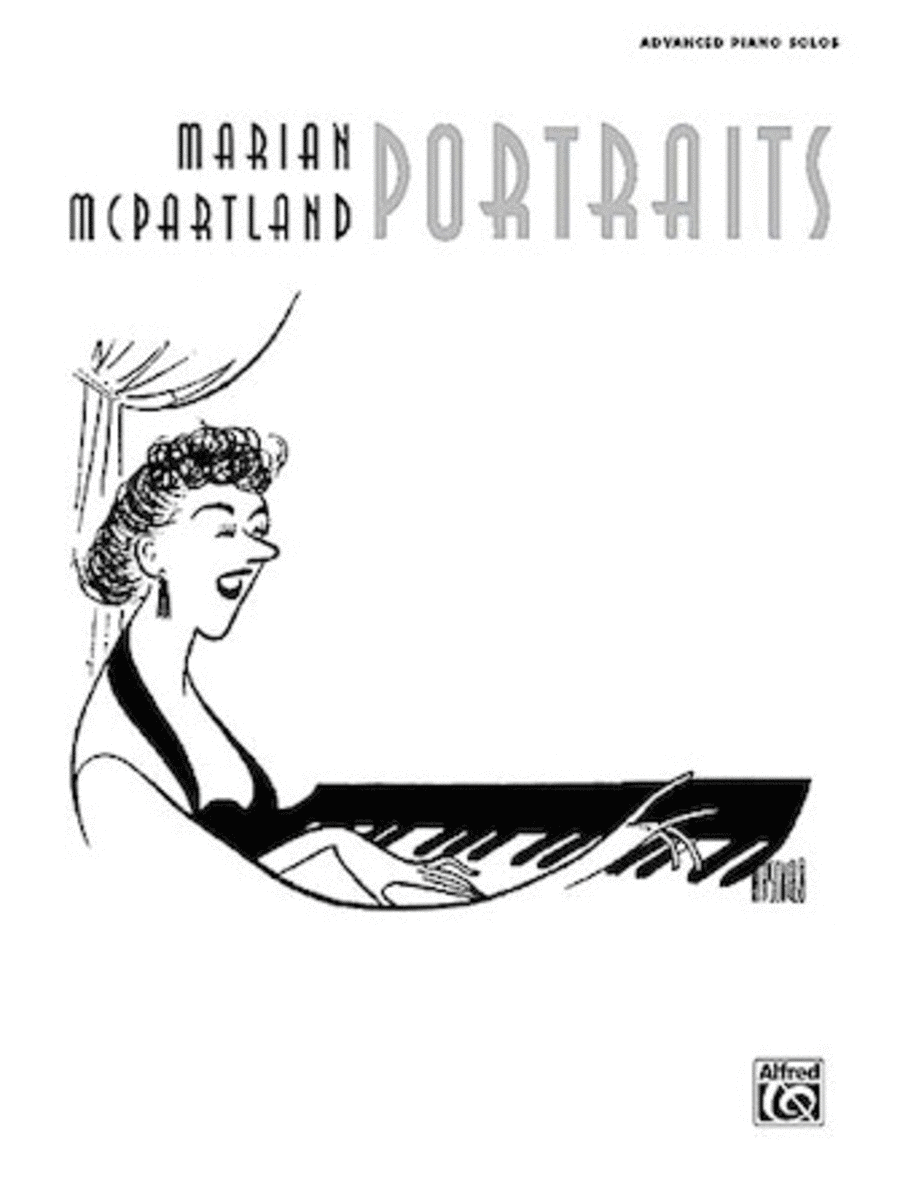Dudley Buck (1839 - 1909)
 États-Unis
États-Unis
Dudley Buck (March 10, 1839 – October 6, 1909) was an American composer, organist, and writer on music. He published several books, most notably the Dictionary of Musical Terms and Influence of the Organ in History, which was published in New York ... (Read all)
Source : Wikipedia
 États-Unis
États-UnisDudley Buck (March 10, 1839 – October 6, 1909) was an American composer, organist, and writer on music. He published several books, most notably the Dictionary of Musical Terms and Influence of the Organ in History, which was published in New York ... (Read all)
Source : Wikipedia
Free sheet music of Dudley Buck
45 sheets found sorted by:
Search
| |||||
© 2000 - 2024
Home - New releases - Composers
Legal notice - Full version


























